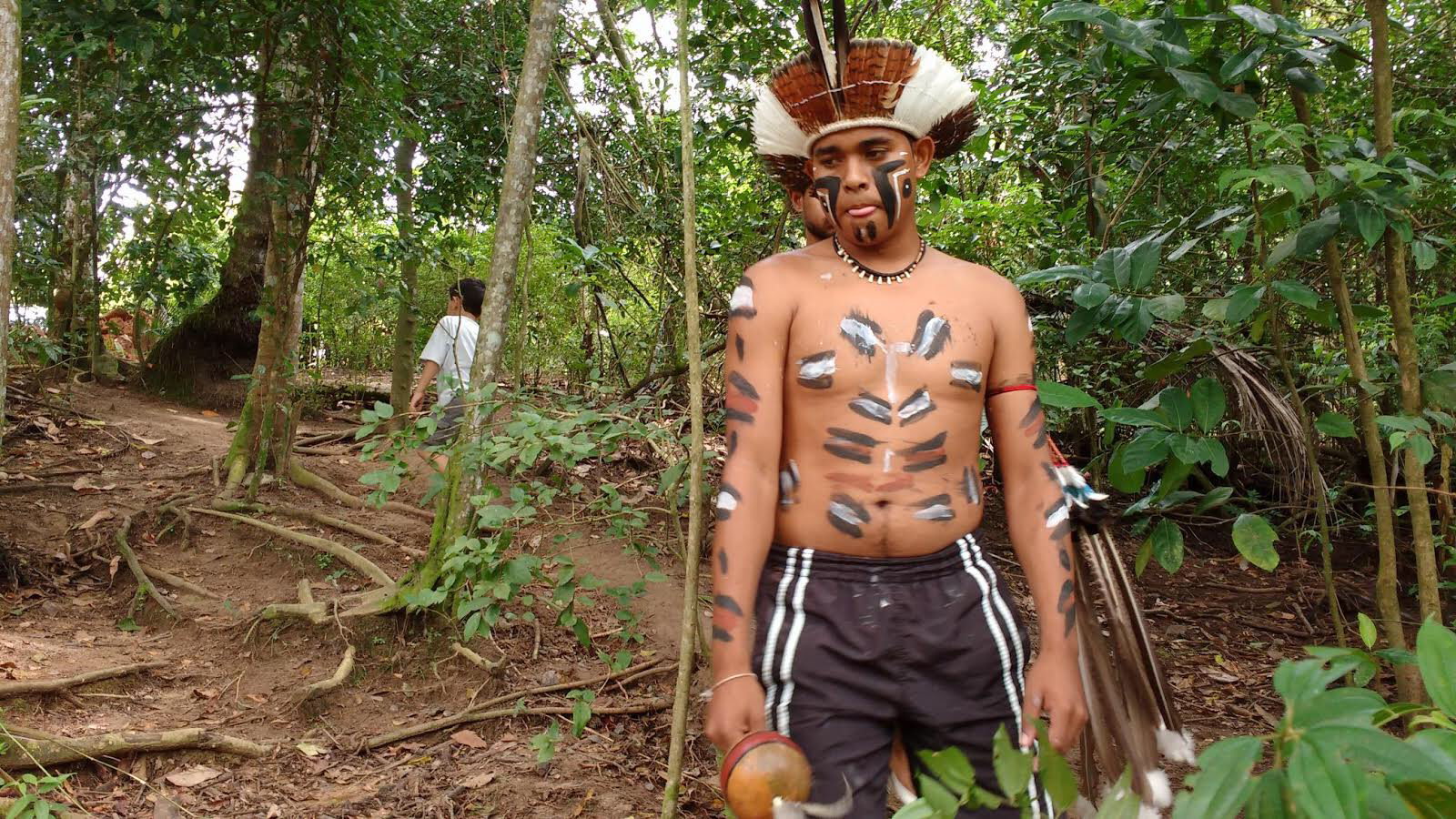About Us
Passeios além do comum…
Viajar-se tornou uma atividade comum nos dias de hoje, mas uma viagem que as portas para um intercâmbio cultural único não está facilmente disponível em uma agência de turismo geral. Esta experiência diferenciada é precisamente o que a OLAFEMI oferece. OLAFEMI uma palavra iorubá que significa, somos honrados e abençoados; Atencioso a oportunidade de conhecer a Bahia muito além dos destinos turísticos. Cada roteiro que criamos uma atenção incomum aos detalhes da rica mistura etnocultural da Bahia.
Detalhes como nossas famosas tradições gastronômicas e culinárias, nossas formas de música e dança de renome mundial e nossas práticas espirituais contribuem para uma síntese cultural de excepcional diversidade. Com o Olafemi, você não terá apenas o prazer de comer um acarajé, mas também entenderá como essa comida de rua simples e deliciosa permitiu que gerações de mulheres afro-brasileiras sustentassem suas famílias apesar do racismo que impedia de muitos outros tipos de trabalho. Conosco, você não vai apenas fazer uma visita a um terreiro de candomblé, vai encontrar grandes entendimentos filosóficos e as histórias de resistência que cada templo mantém em seus rituais e em seus projetos comunitários.
Quando você visitar a Igreja do Rosário dos Pretos conosco, compartilharemos com você a história dessa confraria católica leiga, que foi fundada por mulheres e homens negros como uma sociedade de ajuda mútua que os ajudou a resistir à tragédia da escravidão.
Nosso objetivo é mostrar que a história e a cultura não são relíquias do passado, mas a tradição é algo que se renova constantemente na troca de conhecimentos e experiências. Com a OLAFEMI, viajar não é apenas fascinante e agradável, mas também apresenta oportunidades maravilhosas para apreciar novas culturas.
A Bahia é um grande centro de cultura africana nas Américas, uma embarcação urbana cheia de heranças africanas. É o epicentro de nossas tradições ancestrais no Brasil. Vir para Bahia é mergulhar em nosso passado compartilhado da vibrante vida contemporânea de cidade marcada com a essência do nosso continente mãe.
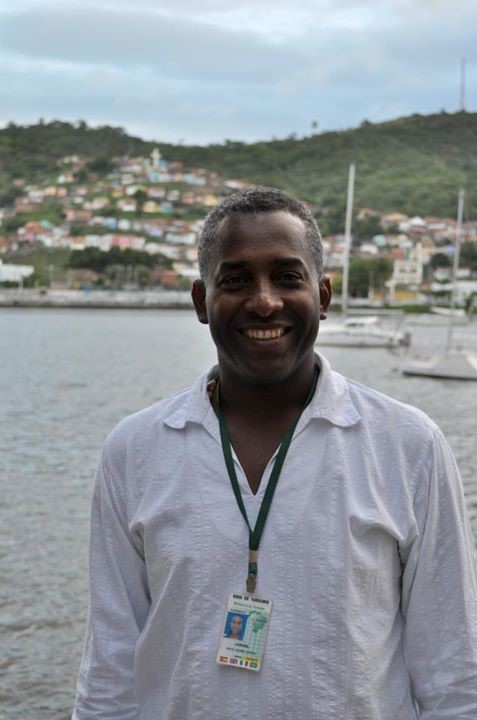
Tours
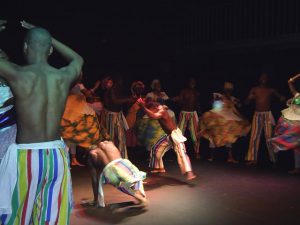
Você sentirá a charmosa noite baiana. O guia turístico te pega e te leva ao pelourinho para jantar em um restaurante maravilhoso e depois você vai fazer um pequeno passeio pelo bairro antigo.
A vida noturna do Pelourinho é difícil de resistir. A área está repleta de bares, cafés ao ar livre e restaurantes para aguçar o paladar. Depois de escurecer, a cidade pulsa de emoção. As cores e a música explodem como fogos de artifício – bem-vindo ao palco principal para o que há de novo na cena musical baiana. Todas as noites, músicos locais e artistas internacionais aquecem as praças com os seus ritmos que o envolvem na magia do Pelô (como os locais chamam esta zona)
Duração: 3 ou 4 horas
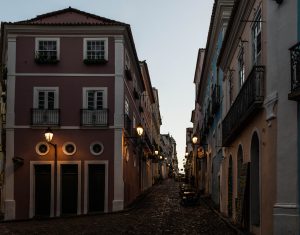
You will feel the charming bahian night. The tour guide picks you up and takes you to pelourinho for a dinner in a wonderful restaurant and after that you´ll do a little walk in the old district.
Pelourinho’s nightlife is hard to resist. The area is teeming with bars, outdoor cafes and restaurants to whet your palate. After dark, the city pulsates with excitement. The colors and music explode like fireworks – welcome to the main stage for what’s new on the Bahian music scene. Nightly, local musicians and international artists alike heat up the squares with their rhythms that draw you into the magic of Pelô( how the local people call this area)
Duration: 3 or 4 hours
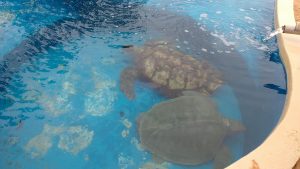
The scenic Coconut Highway leads to Praia do Forte, a fishing village 50 miles north of Salvador, home to some of the best beaches in Bahia. Here we visit the ruins of the Garcia D´Ávila Castle (1556), once the home of the largest landowner in the New World and experience the breathtaking panoramic view of the northern coastline.
Praia do Forte is also the home of the national sea turtle preserve, the TAMAR Project, one of Brazil’s most successful ecological programs. Take the time to relax on the beautiful white sand beaches of Praia do Forte or browse the many local arts and crafts markets before returning to Salvador. After relaxing in Praia do Forte, we go straight to Guarajuba for our delicious lunch at one of many beach tents in the area. Guests will have more time on the beach before returning to Salvador.
Duration: Full Day Tour
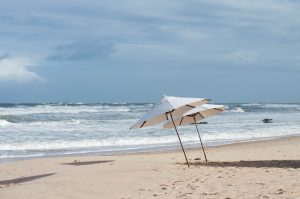
For many Baianos the social life of the city revolves around the beach. We will drive along the coast road, with a stop a the legendary Abaeté lake set in the magnificent white sands and continue to one of the best beaches in the city. It’s time to relax in the sun, swim in the warm waters of the South Atlantic or sip a cool drink in the shade of a barraca (or beach hut) with a full bar, restaurant, and bathroom facilities. Beach sport equipment (Frisbee, fresco ball, volleyball, etc.) Can be rented.
Duration: 4 or 5 hours
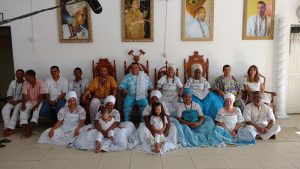
We visit a traditional Candomblé house of worship, established at the turn of the century. The expansion of the city has meant that the temple’s grounds have been surrounded by the burgeoning metropolis but the temple maintains the traditional religious and social values of African daily life. Our visit will focus on the religious and social traditions of the temple. Leaving the temple, we will have the opportunity to visit CURUZU – LIBERDADE, the largest African descendent community in the city of Salvador. Here we will walk inside the neiborhood, talk to natives and stop at a bar for a quick drink. After we leave Liberdade, we stop at Dique do Tororó to admire beautiful sculptures of the Orixas made by one of the most talented Brazilian artist, named Tati Moreno. Our tour will end at Rio Vermelho Neiborhood, in the house of Yemanjá. Here, every year, to be more precisely, in February 2nd, there is a great celebration, organized by the fishermen, to worship Yemanjá, mother of the sea. Back to hotel.
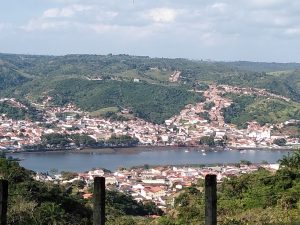
We leave the city behind to explore the farmland on the western side of the All Saints´ Bay. This is the land of the cocoa, manioc, tobacco and sugar cane plantations, peaceful colonial towns and busy country markets, a day of insights into the life in rural Brazil. We drive north out of the city and then head westward through rolling hills to Cachoeira, the jewel of the Bahian hinterland nestled in the deep valley of the Paraguaçu River. After an appetizing lunch we take a walking tour of the town, with an opportunity to browse in local artisans’ stores. As in Salvador, Candomblé plays an integral part in the life of the town, epitomized by the Sisterhood of the Boa Morte (Good Death), an abolitionist society of women. To commemorate the “good death,” descendants of the Sisterhood travel to Cachoeira each August for a three-day festival and ceremony that has been conducted for over 250 years that symbolizes a passage from the material to the spiritual world, where Africans were no longer slaves. We cross to the western bank of the slow moving river and visit the Danemann Cultural Center where we can also see world class cigars being expertly rolled. Duration: Full Day Tour
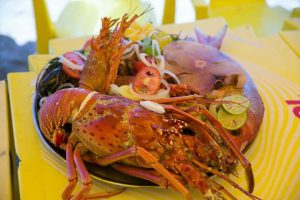
Step 1. Choosing quality ingredientes – Visit to São Joaquim Market
Workshop participants go to the Feira de São Joaquim, the largest and most traditional open air market in Salvador, where we purchase the ingredients to be used in our cooking class. The items purchased at the market are all natural and fresh and include tropical fruits and vegetables, greens, grains and spices. A profusion of colors and flavors await your eyes and fill your grocery bags during the tour of the outdoor market.
Step 2. Preparing the recipes – at ajeum da diáspora
Participants will be guided by local chefs whose expertise is traditional Afro-Brazilian “soul food” cooking with delicious homemade flavor. While preparing the dishes, we’ll learn fascinating details about Bahian culinary history and cultural traditions, in a delightfully relaxed atmosphere.
Step 3. Tasting the food
As the workshop continues, we will savor the delicacies we’ve prepared such as ximxim, moqueca and other distinctly flavorful Bahian specialties. In addition to main dishes and appetizers, we’ll also enjoy natural fruit juices and Bahian dessert specialities – including white coconut candy, cinnamon and sugar dusted bananas and passionfruit pudding.
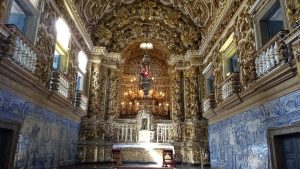
The start point is in the Farol da Barra( light house) where the first governor of Salvador-Tomé De Sousa- arrives to found the city in 1549 and then we go on sete de setembro avenue, Corredor da Vitória( where beautiful colonial houses from the nineteen century can be seen); we continue on the Campo Grande, Piedade, Castro Alves Square and Municipal square.
Here, we start our walking tour in the old city visiting the Pierre Verget foundation, the African museum, the San Francisc church( the most beautiful and rich church of south America), the slave church-Nossa Senhora do Rosário dos Homens Pretos. This church was built by the slaves and for them. A stop to experiment our local bahian cuisine.
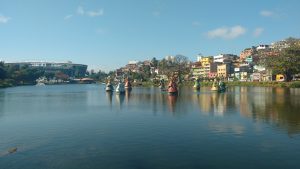 After having our delicious meal, we continue the tour, visiting the DIQUE DO TORORÒ , where beautiful sculptures of the ORIXAS ( african saints) can be seen; The Lower City tour includes the calm waters of the Itapagipe Peninsula where life moves at a slower pace.
After having our delicious meal, we continue the tour, visiting the DIQUE DO TORORÒ , where beautiful sculptures of the ORIXAS ( african saints) can be seen; The Lower City tour includes the calm waters of the Itapagipe Peninsula where life moves at a slower pace.
Fishermen fish from dug out canoes, locals collect shellfish at low tide and schooners
lie at anchor. We continue on to the famous Church of Bomfim – where the African religion Candomblé and its connections to Catholicism are explained by the tour guide.
Duration: Full Day Tour

For many Baianos the social life of the city revolves around the beach. We will drive along the coast road, with a stop a the legendary Abaeté lake set in the magnificent white sands and continue to one of the best beaches in the city. It’s time to relax in the sun, swim in the warm waters of the South Atlantic or sip a cool drink in the shade of a barraca (or beach hut) with a full bar, restaurant, and bathroom facilities. Beach sport equipment (Frisbee, fresco ball, volleyball, etc.) Can be rented.
Duration: 4 or 5 hours
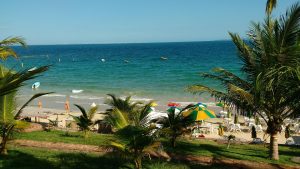
This day will be all leisure. Relaxation at the calm water of Frades and Itaparica Islands. We leave Hotel at 8/ 8:30 am, go to the Boat, stop at the first island for swimming and have a cold drink, after we go to Itaparica island for Lunch. After lunch, travelers will have free time for swimming and relax. We arrive at the hotel by 5:30 pm.
Can be rented.
Duration: 4 or 5 hours
Great Moments
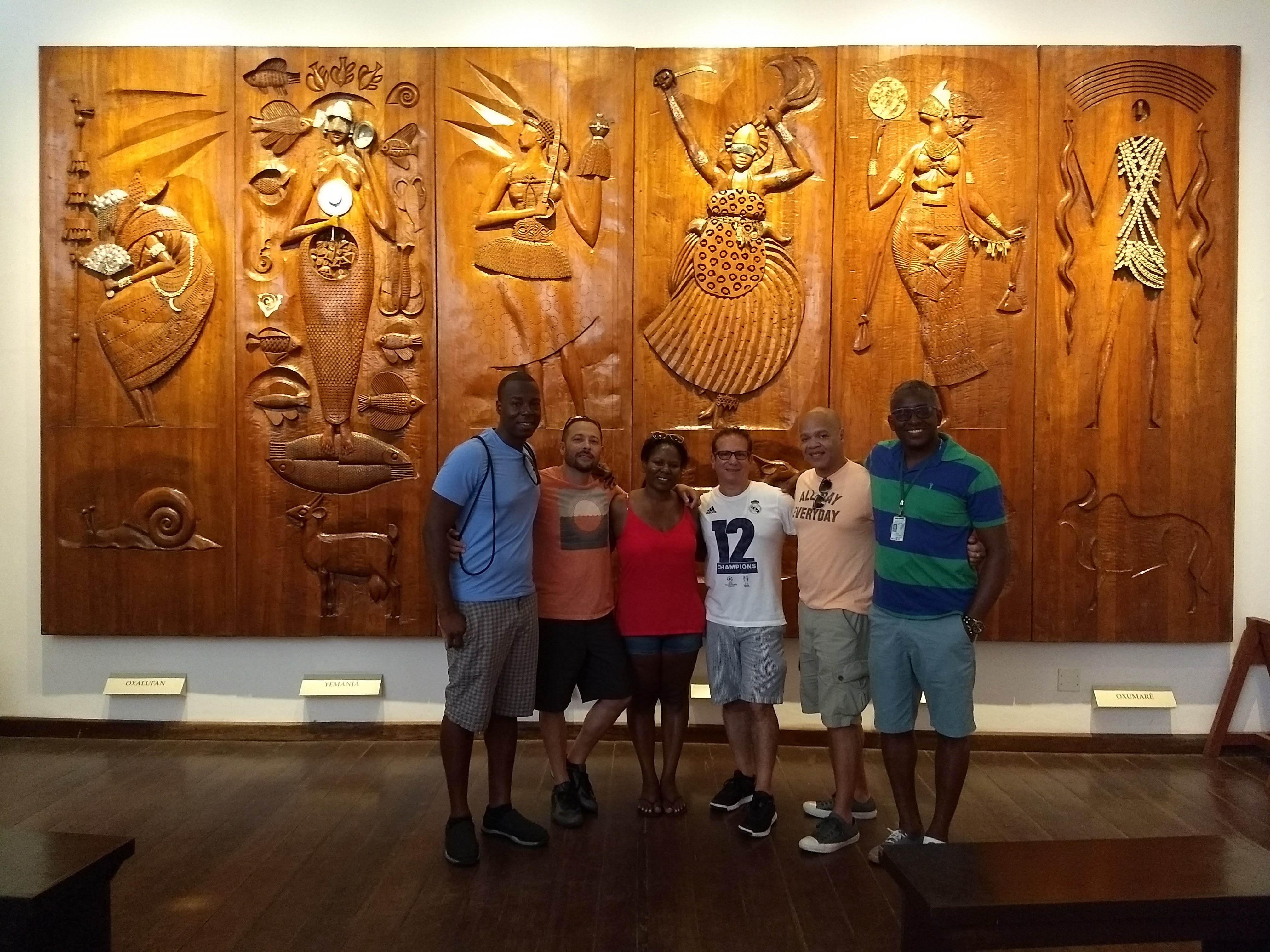
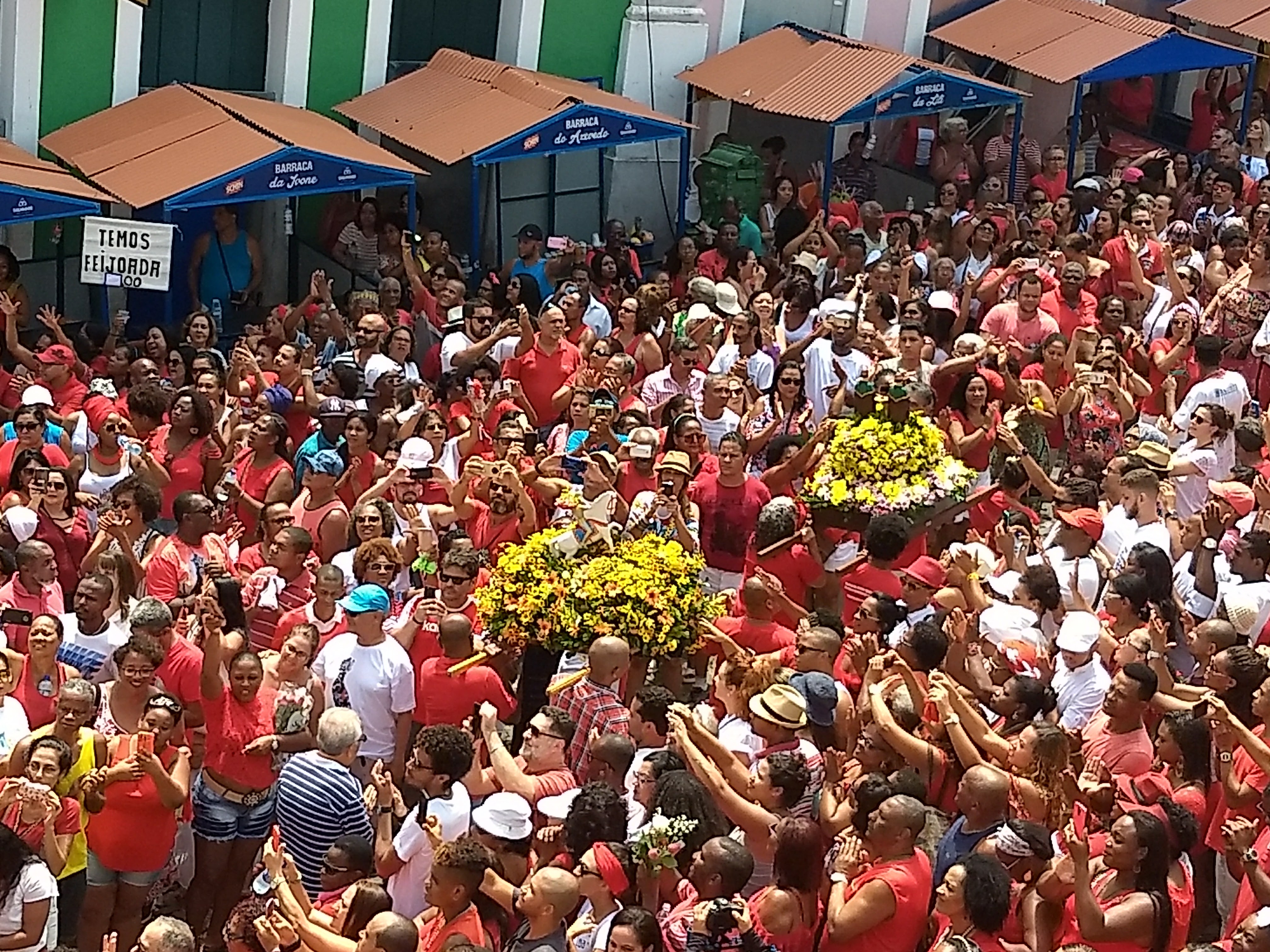
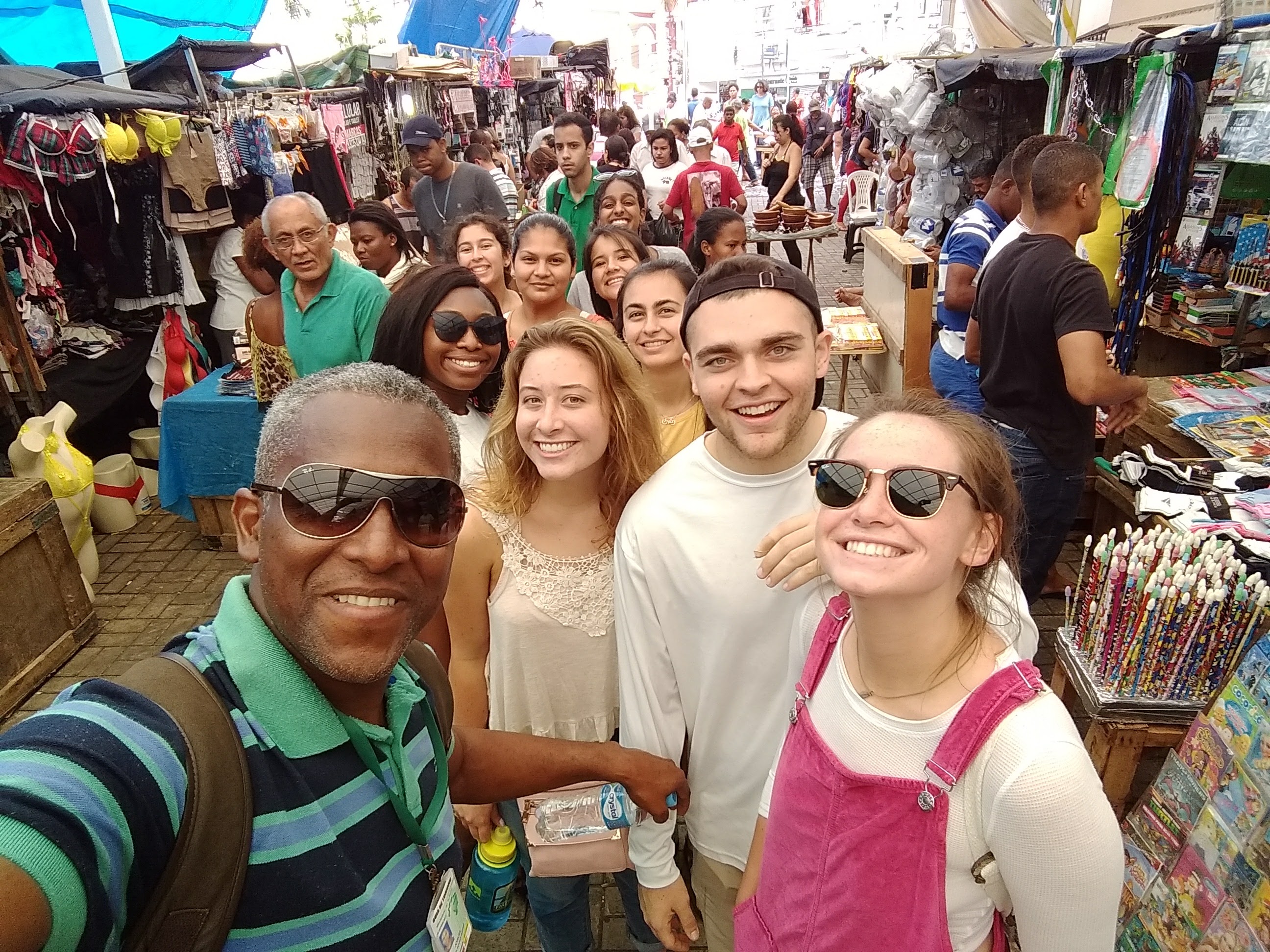
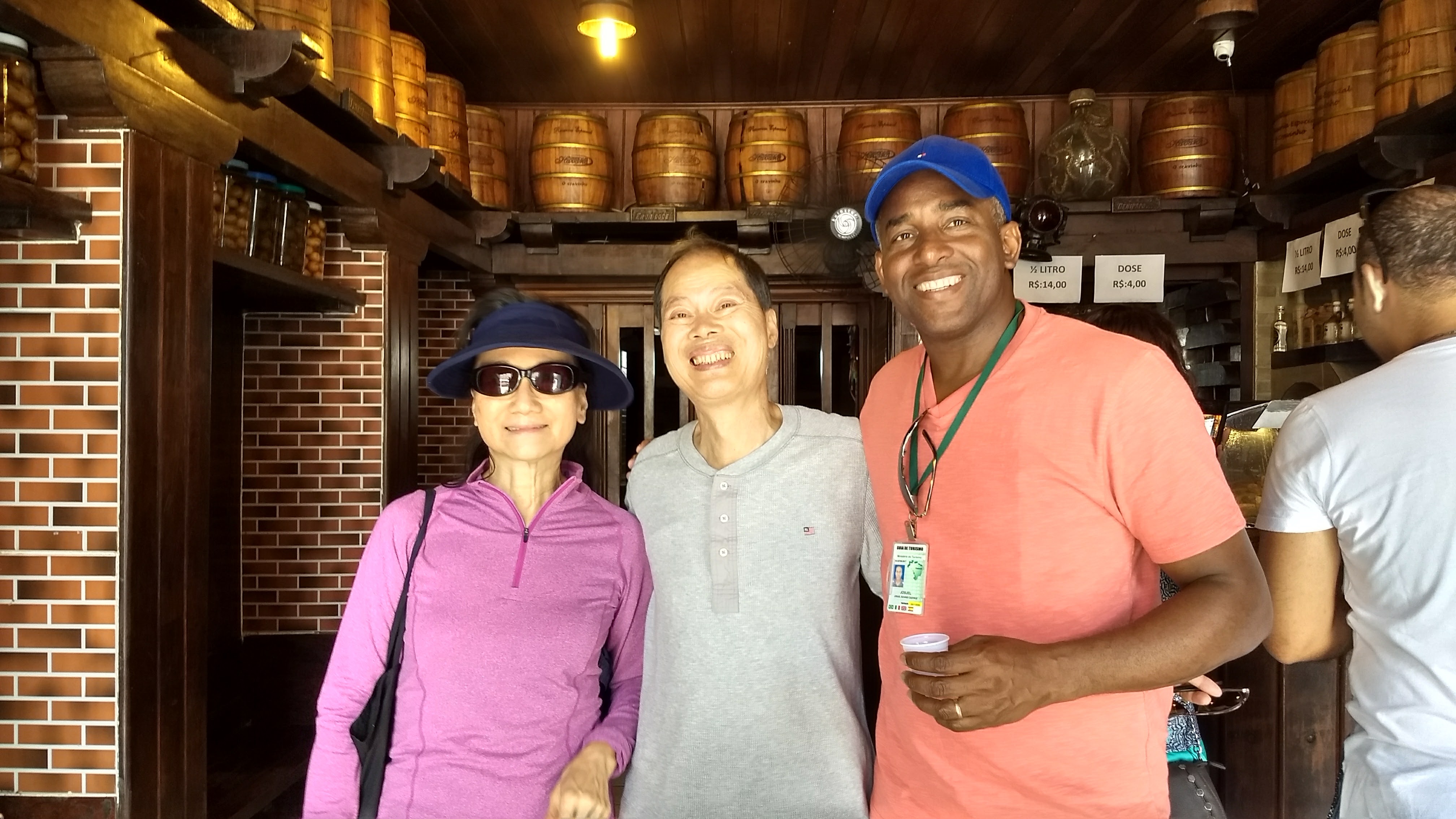
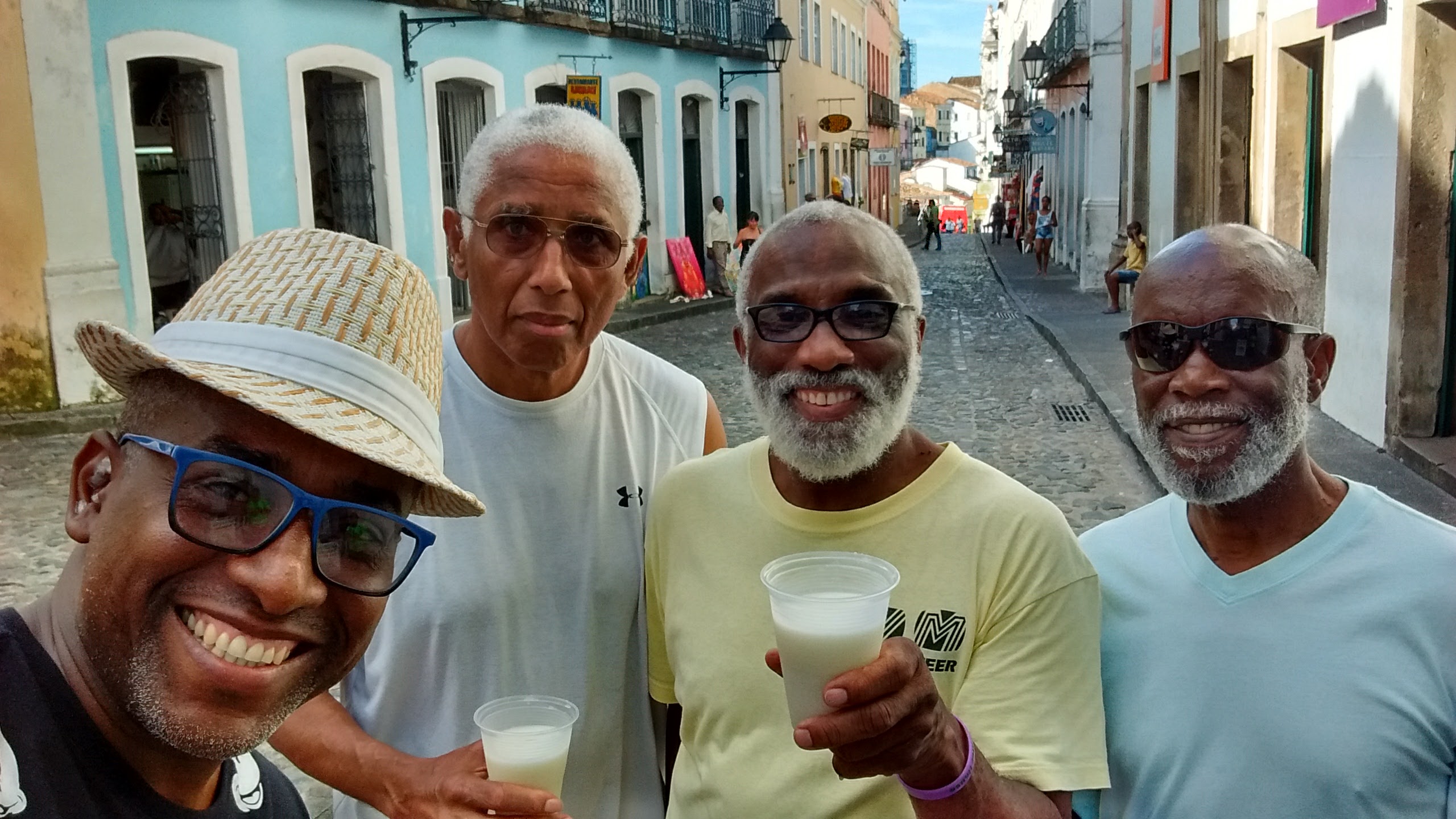
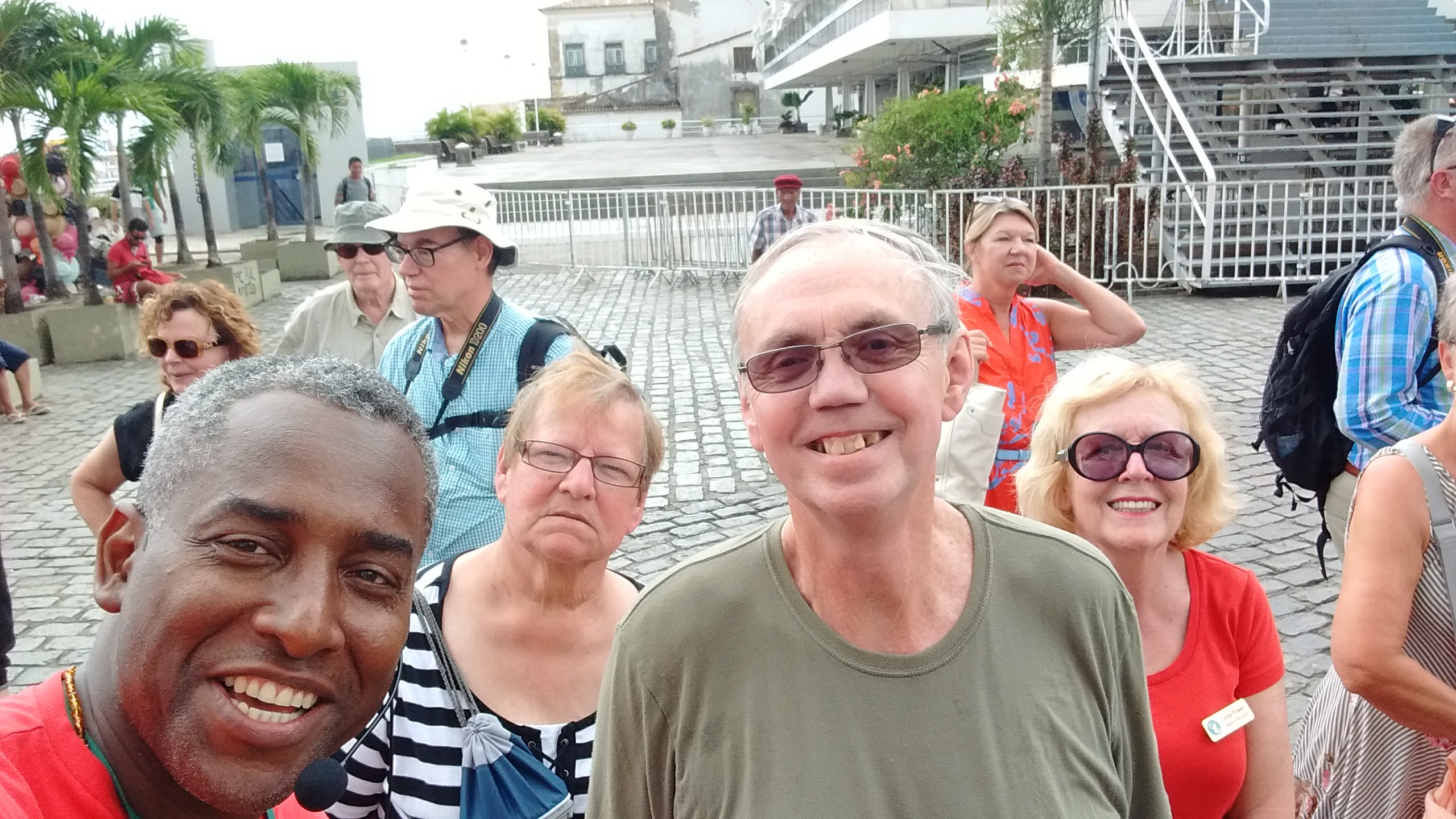
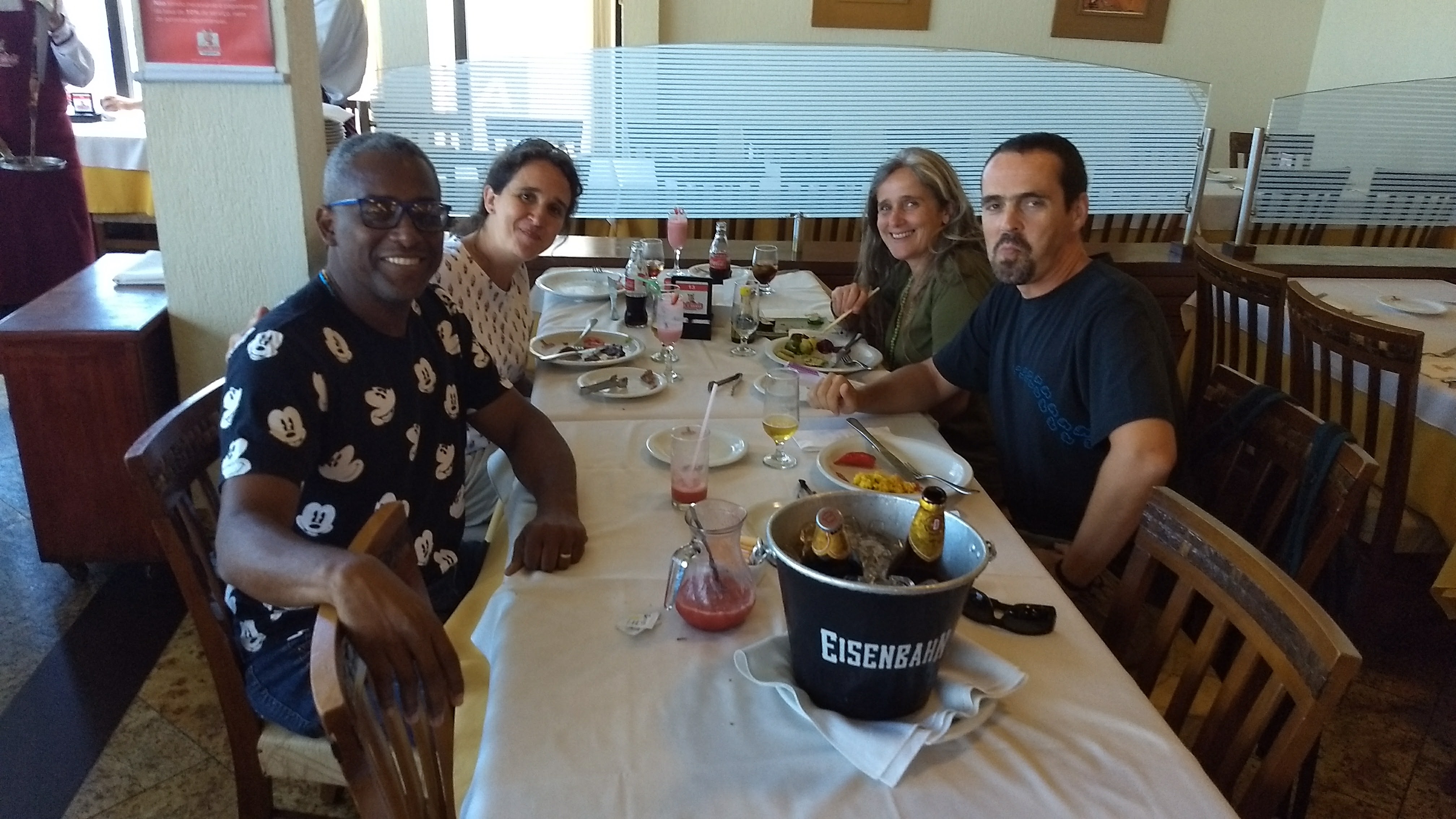
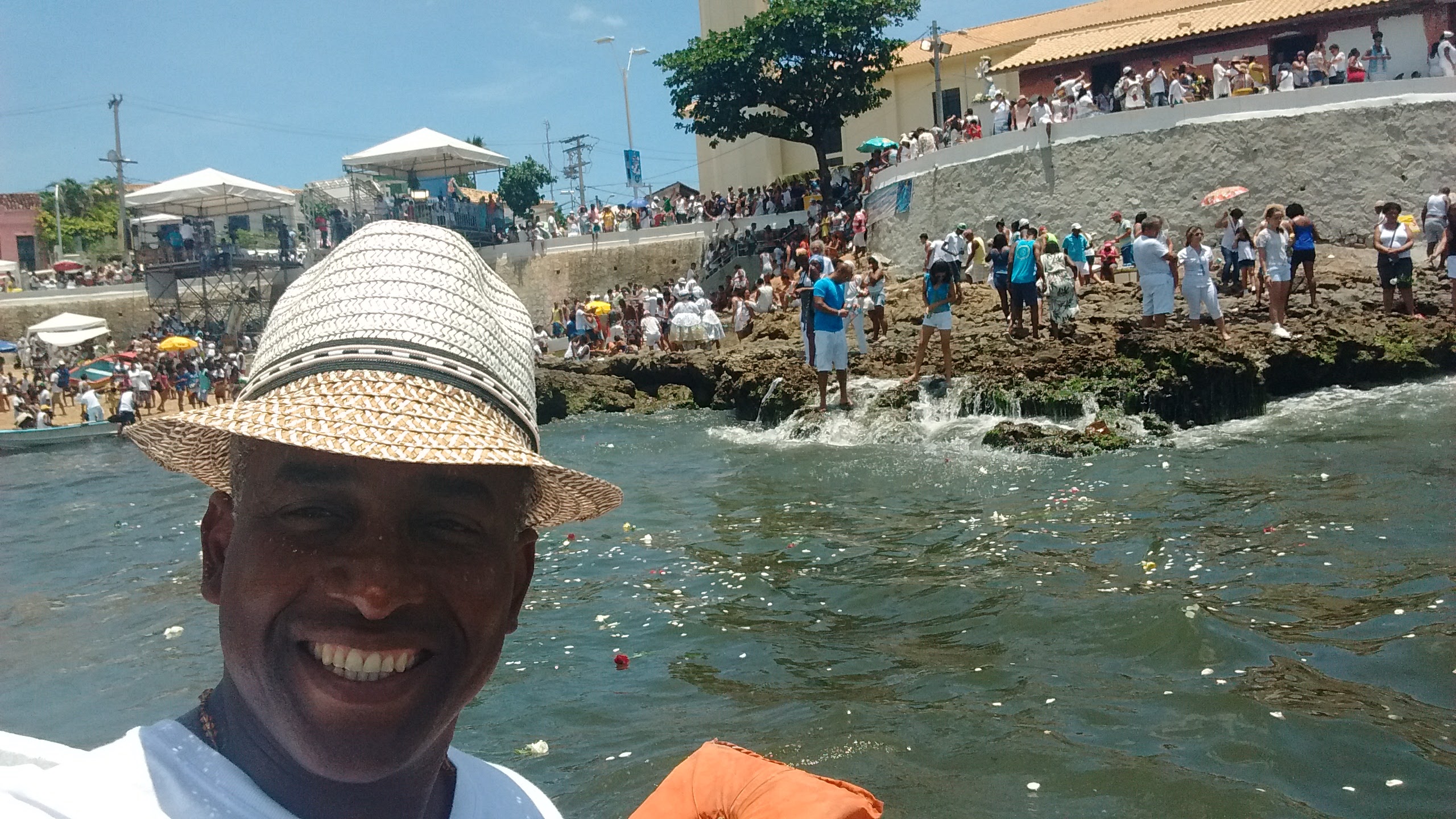
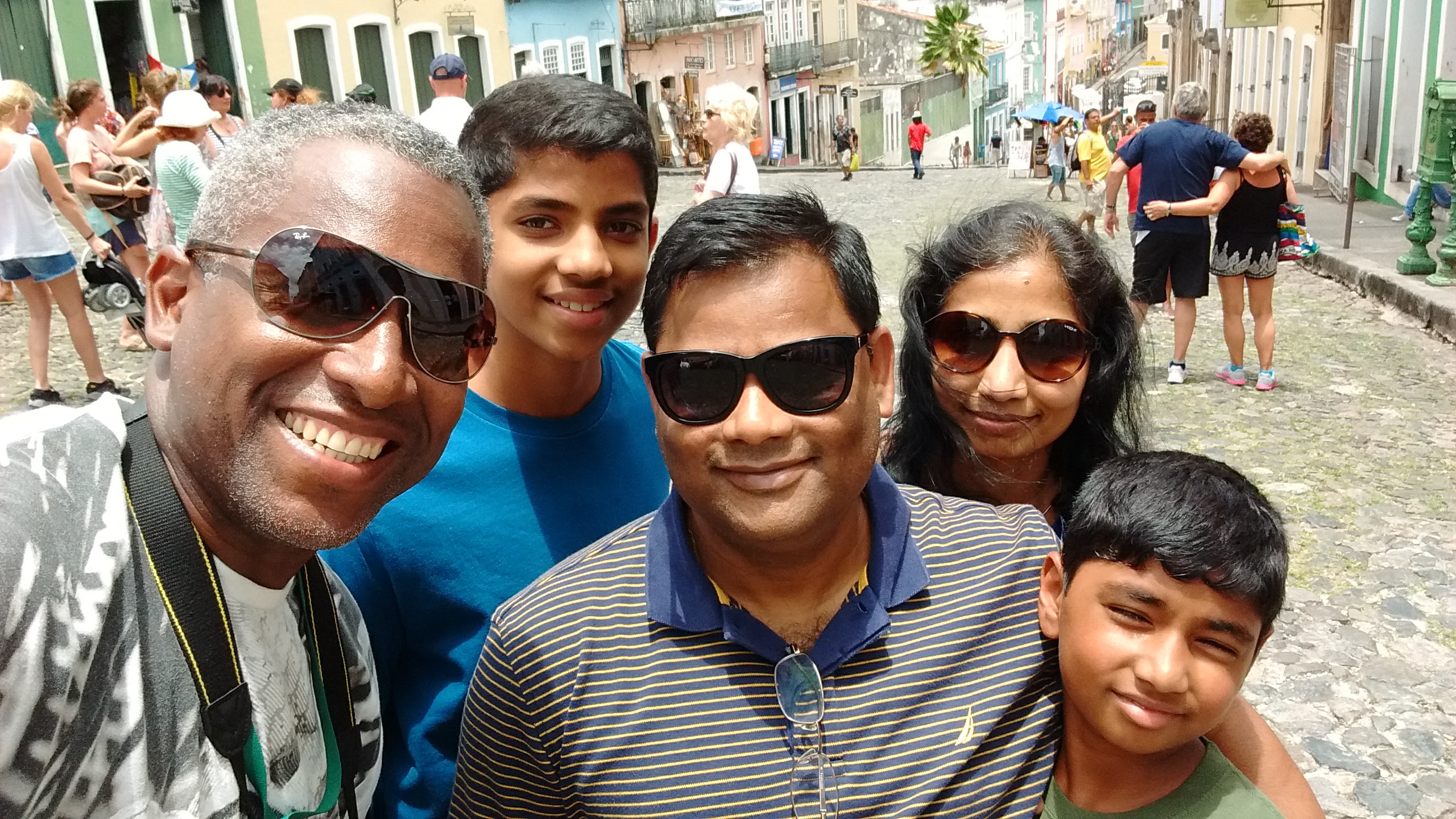
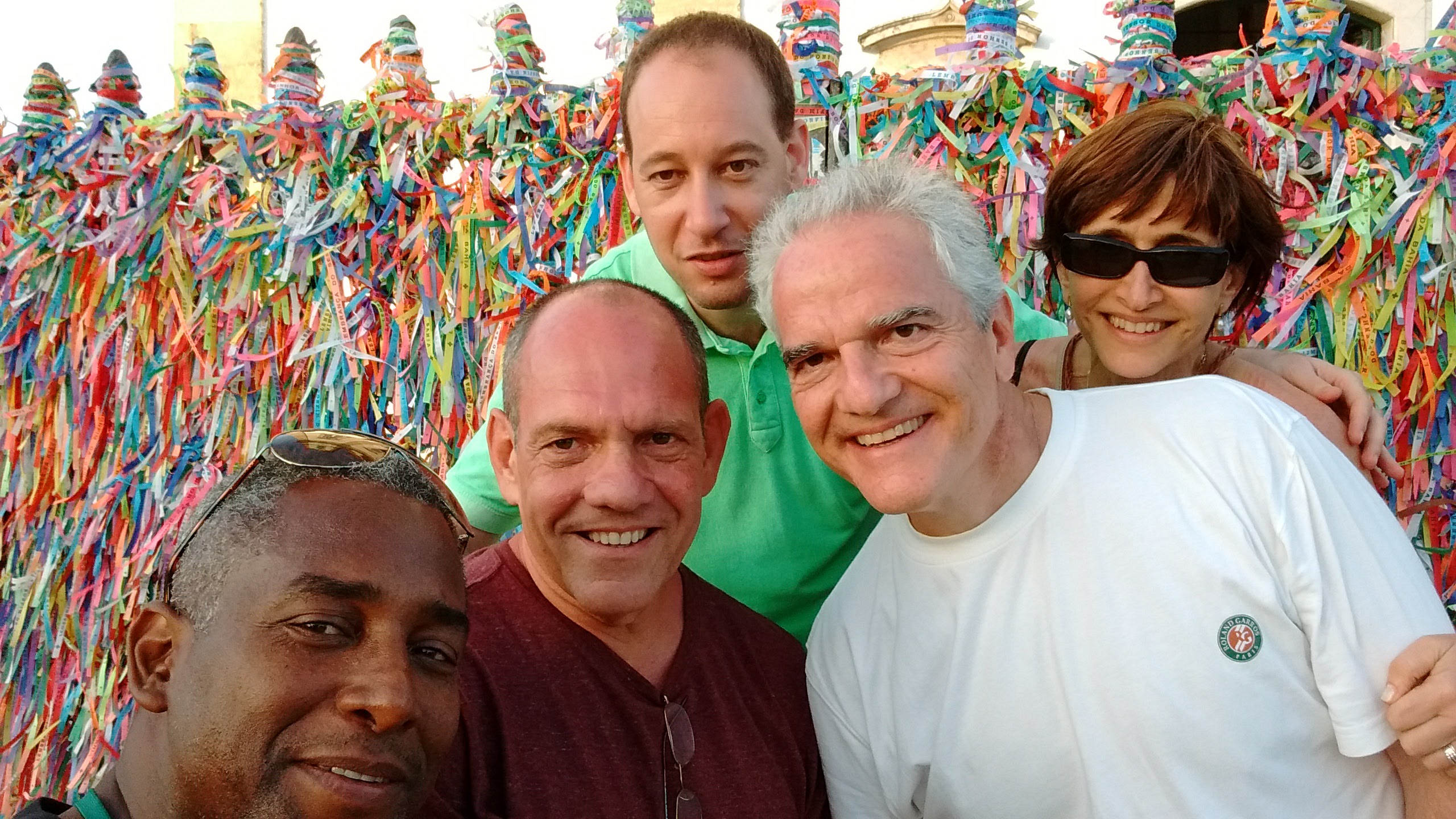
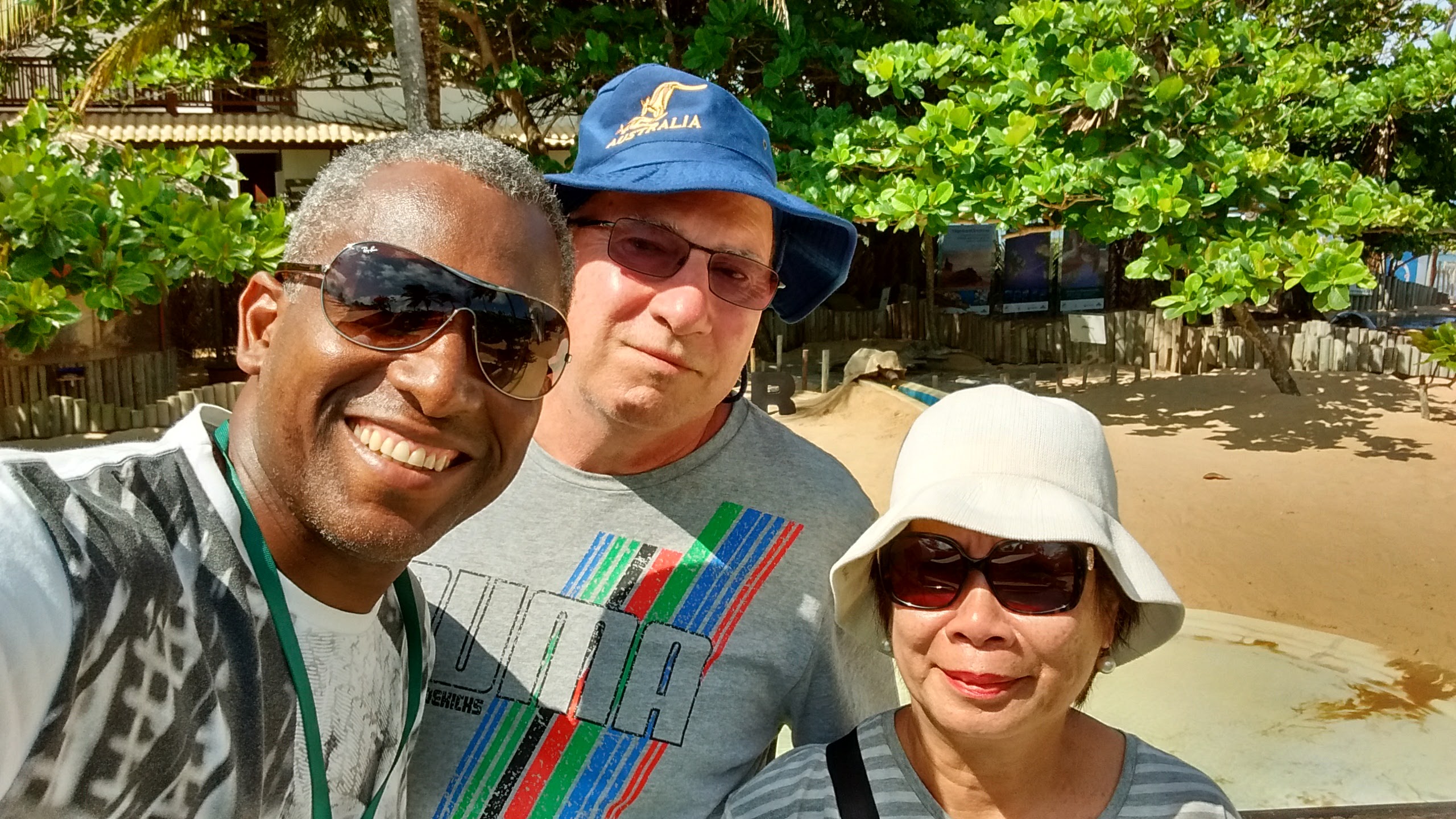
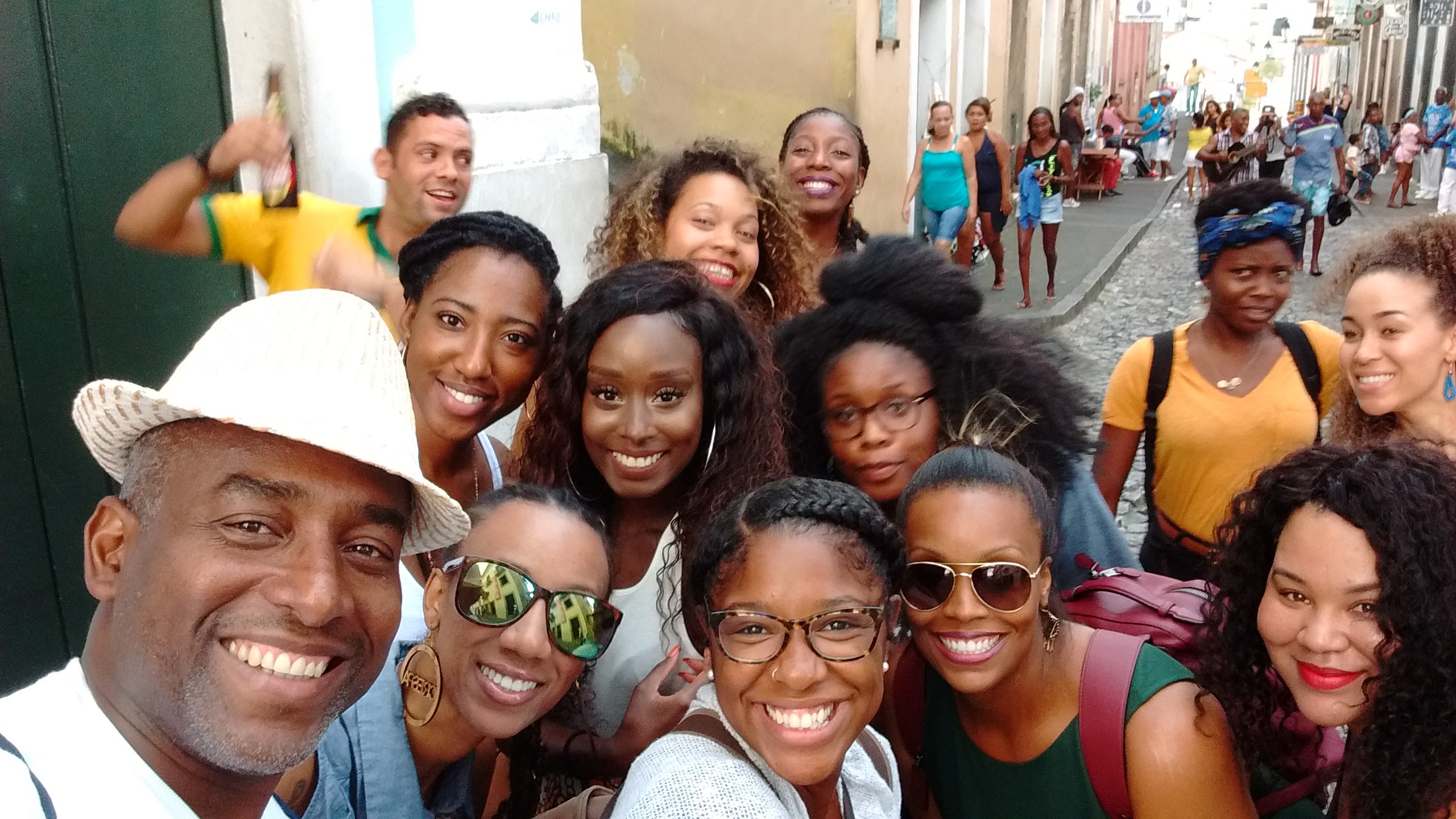
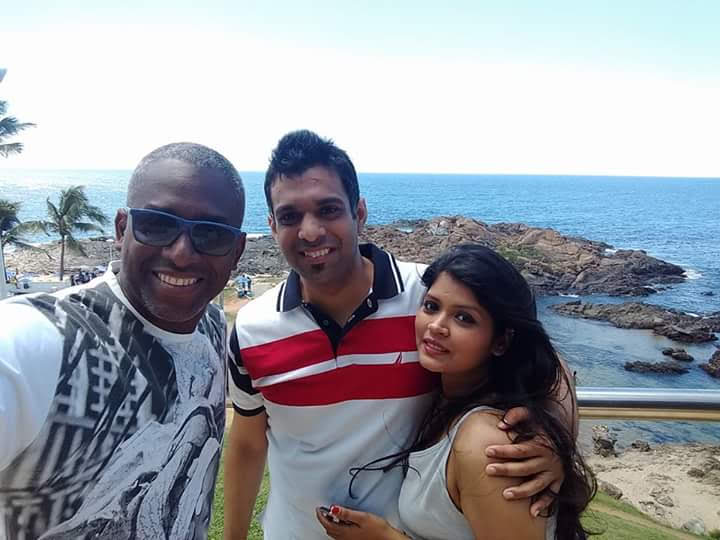
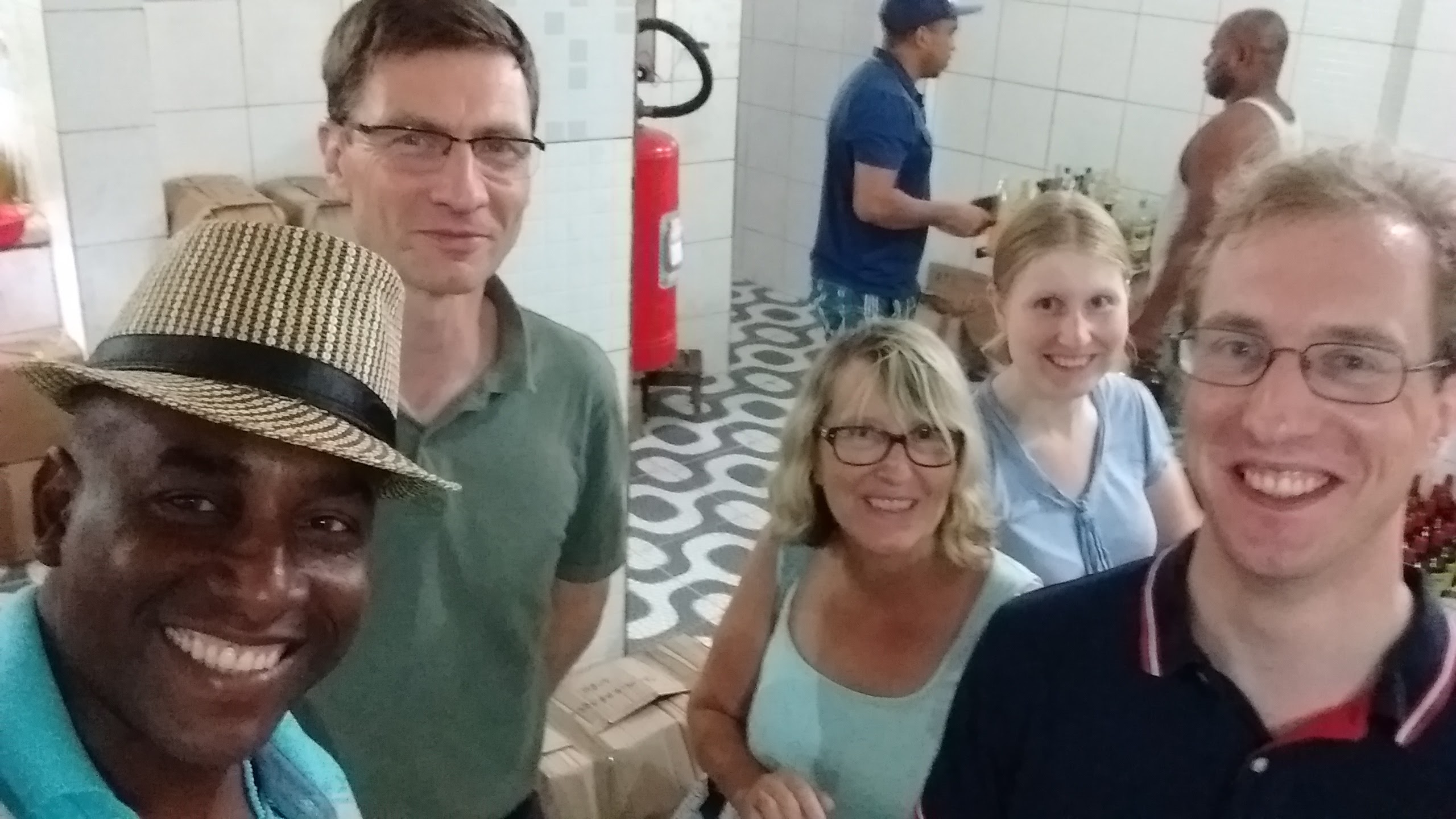
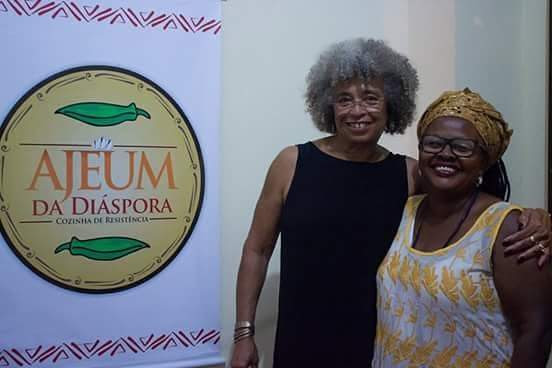
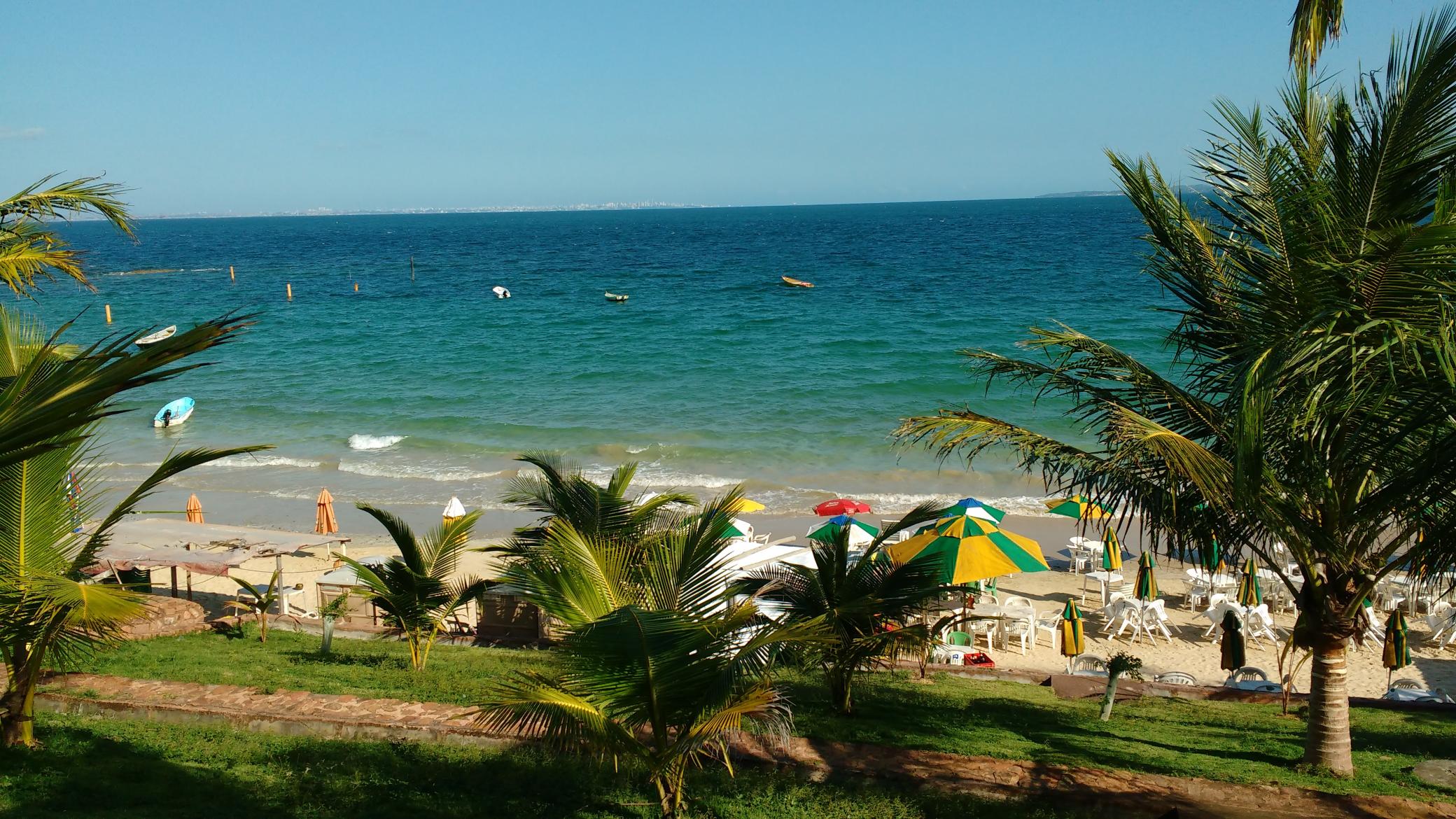
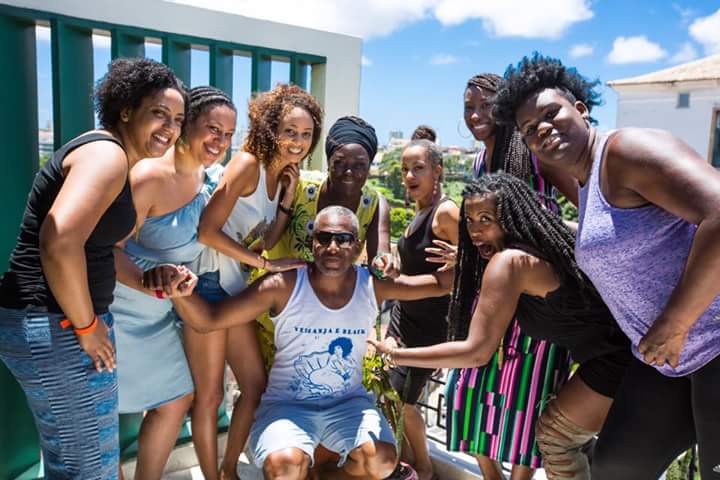
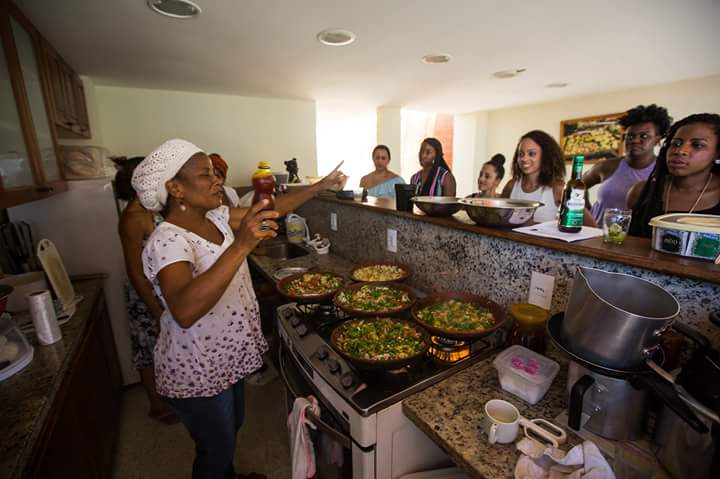
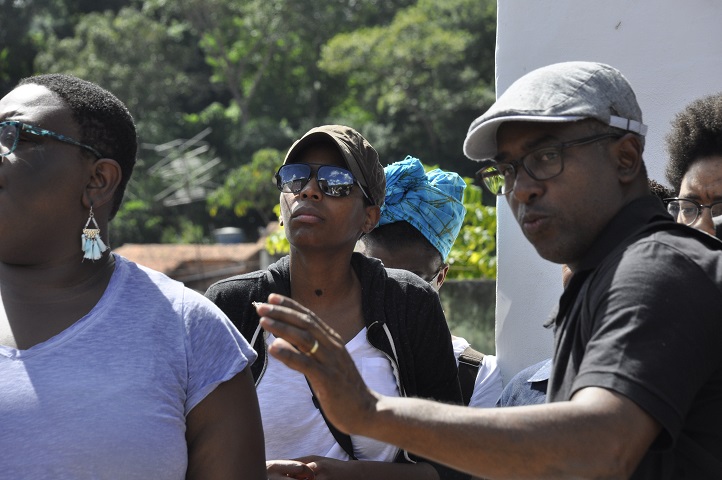
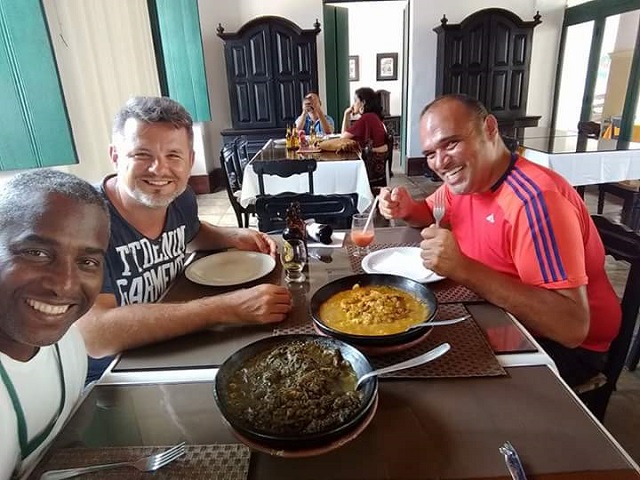
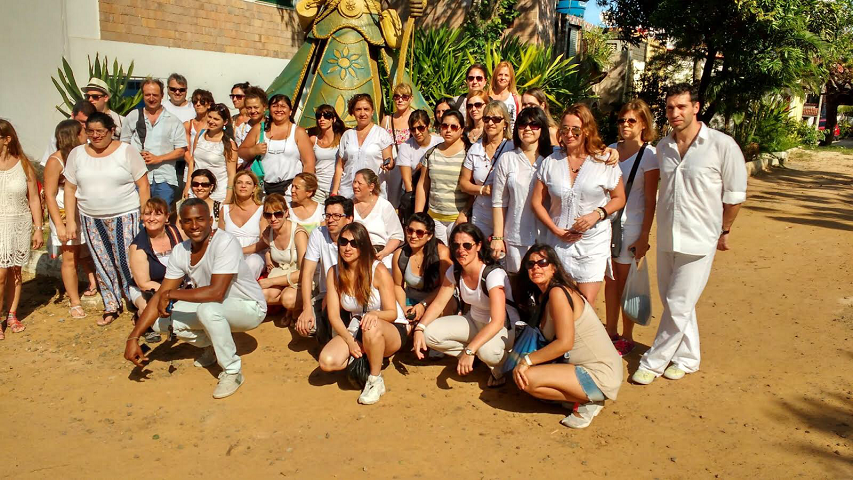
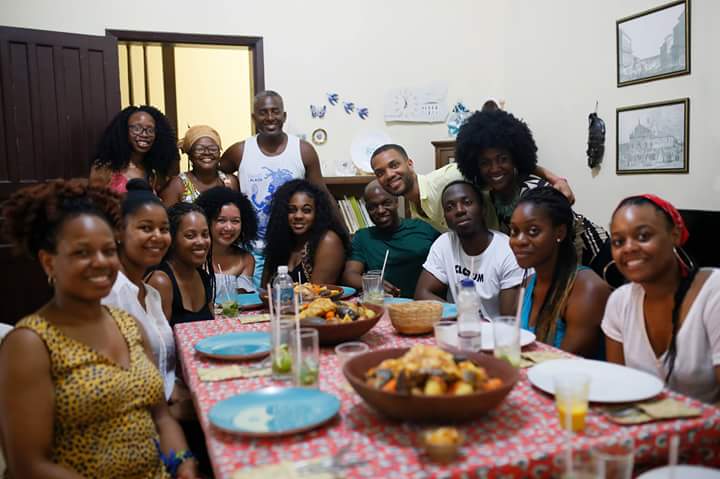
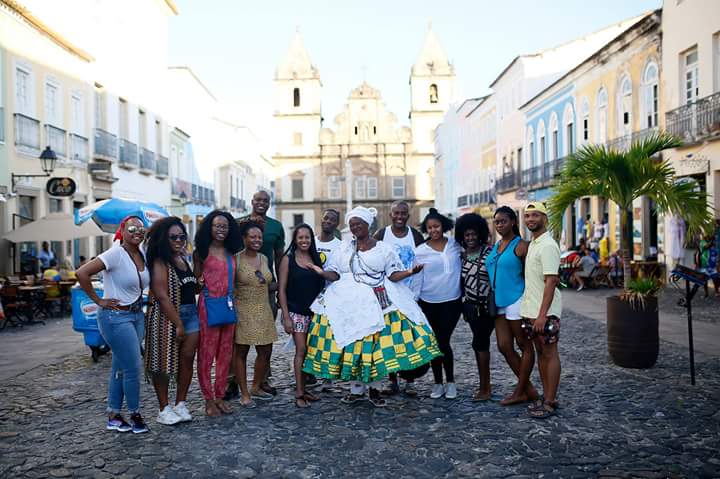
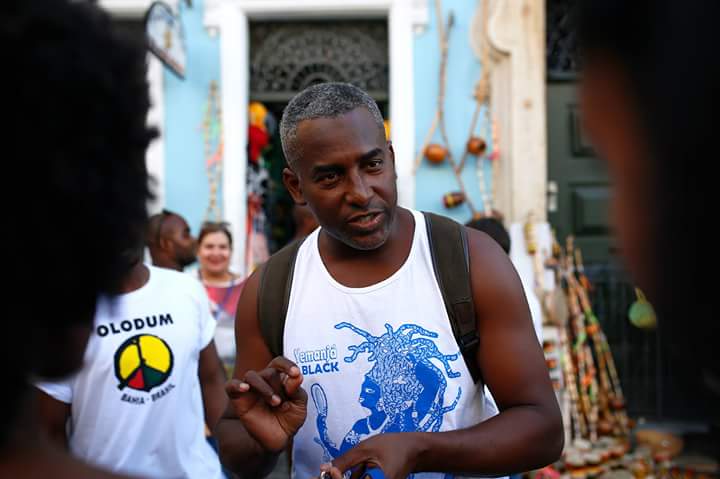
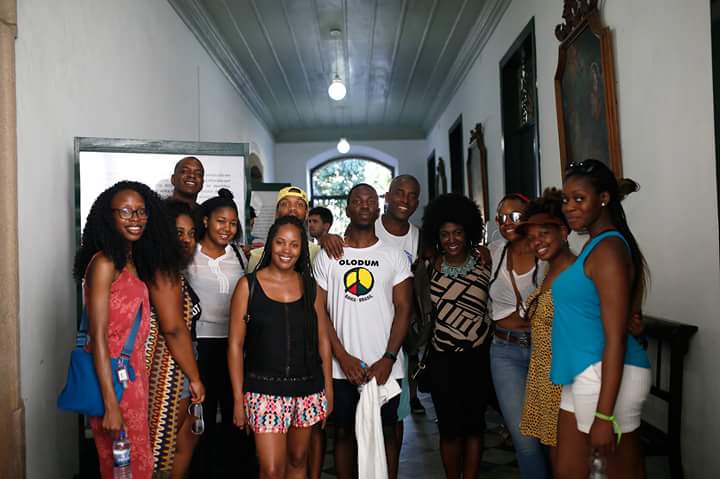
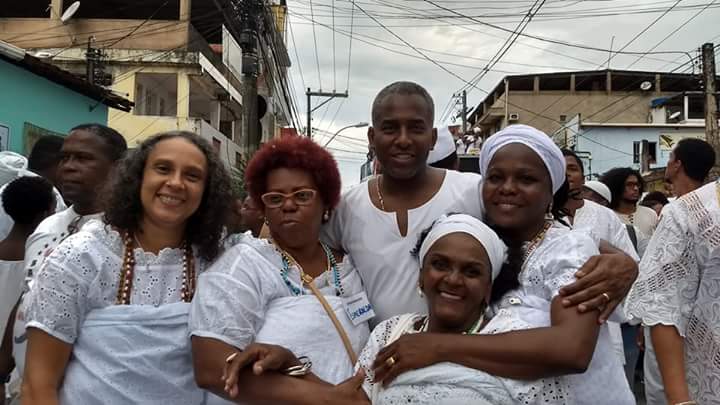
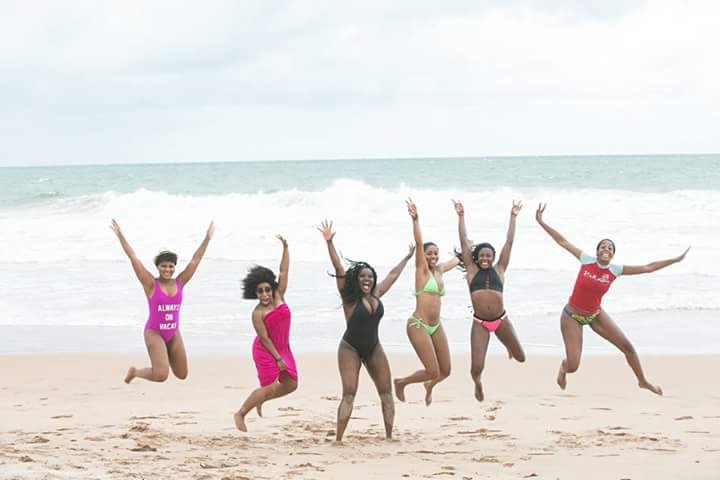
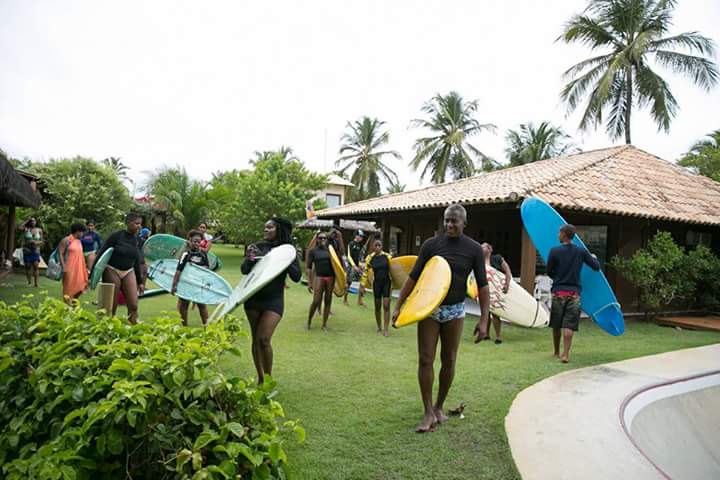
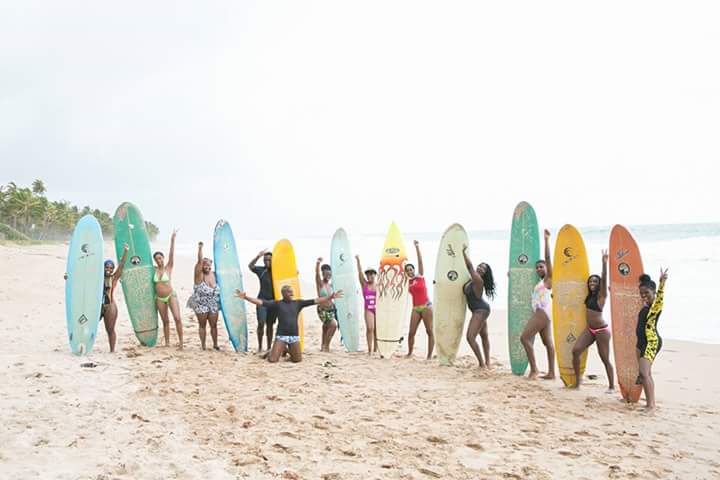
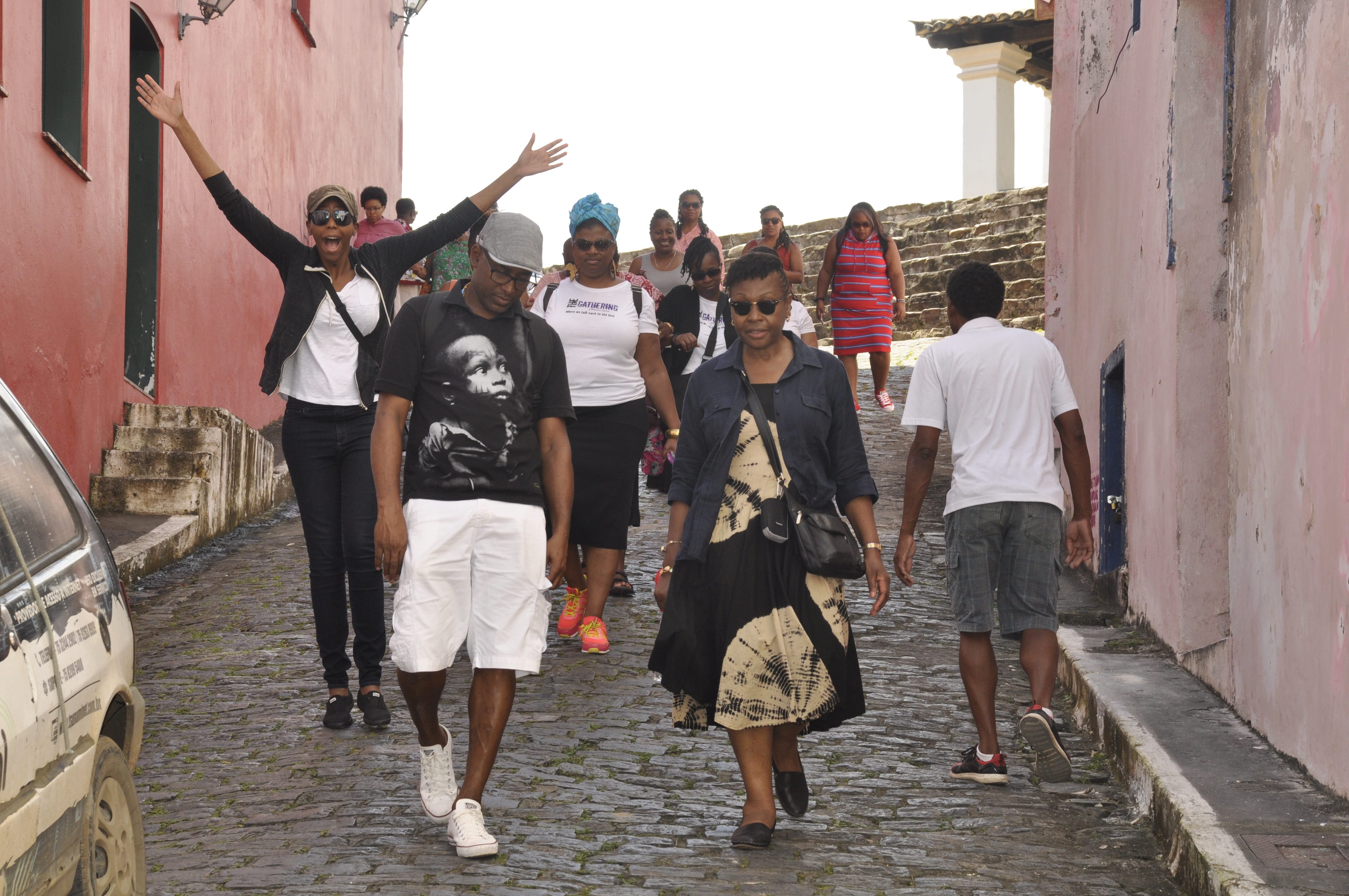
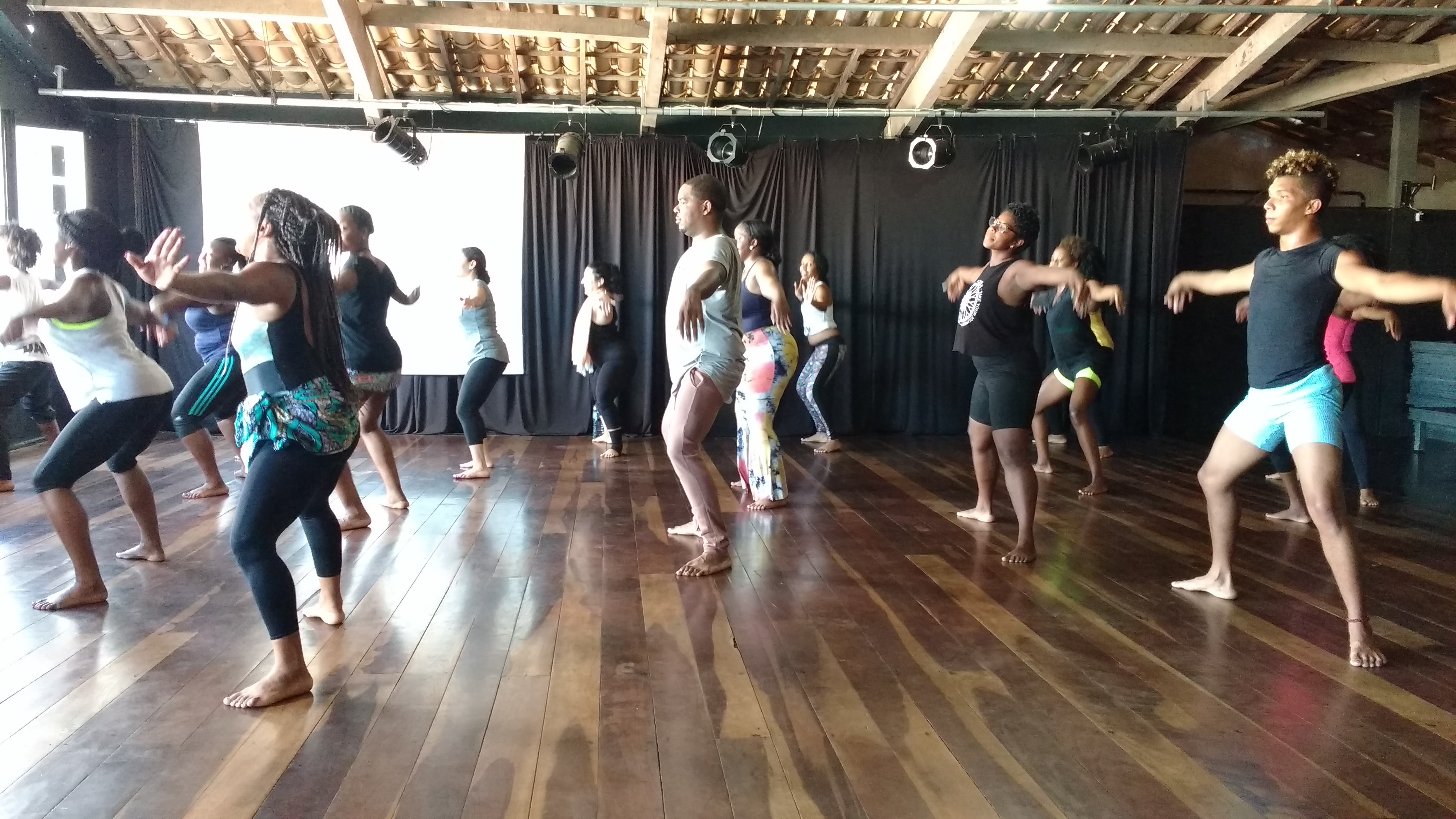
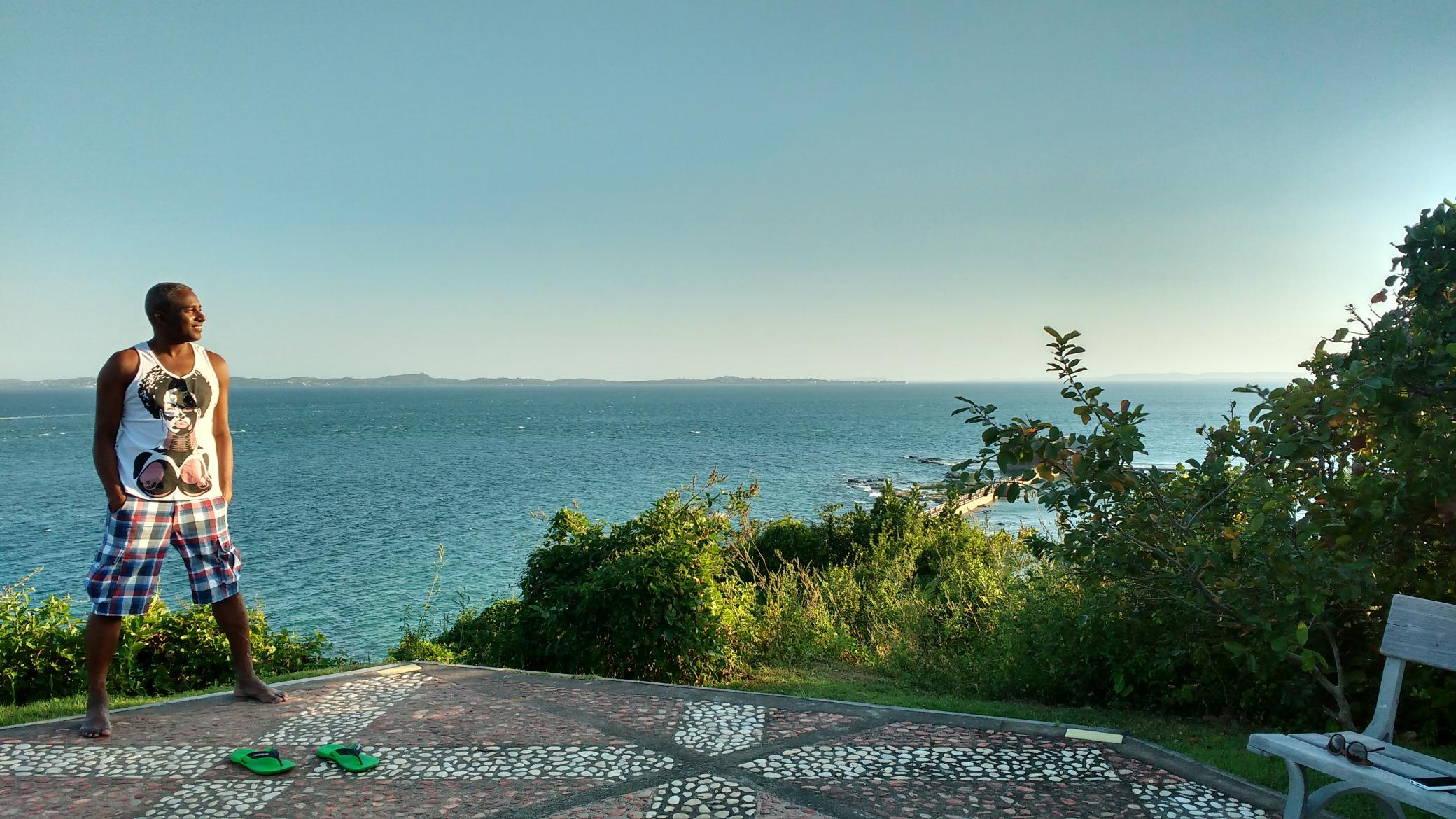
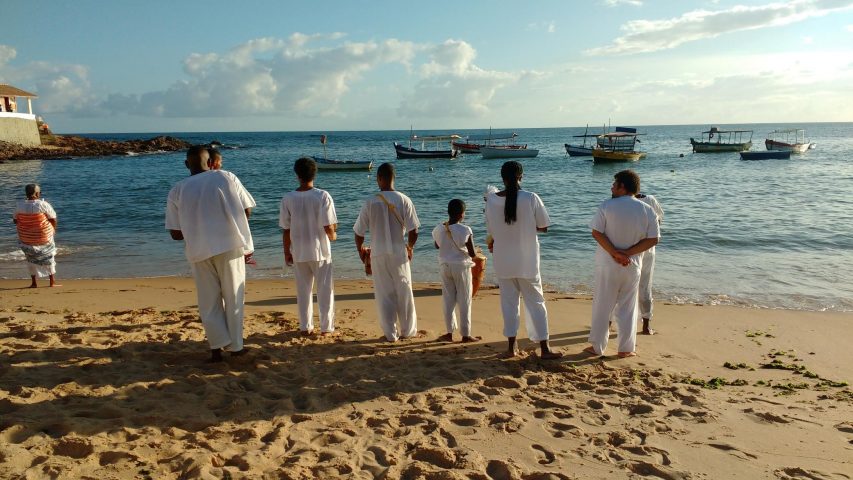
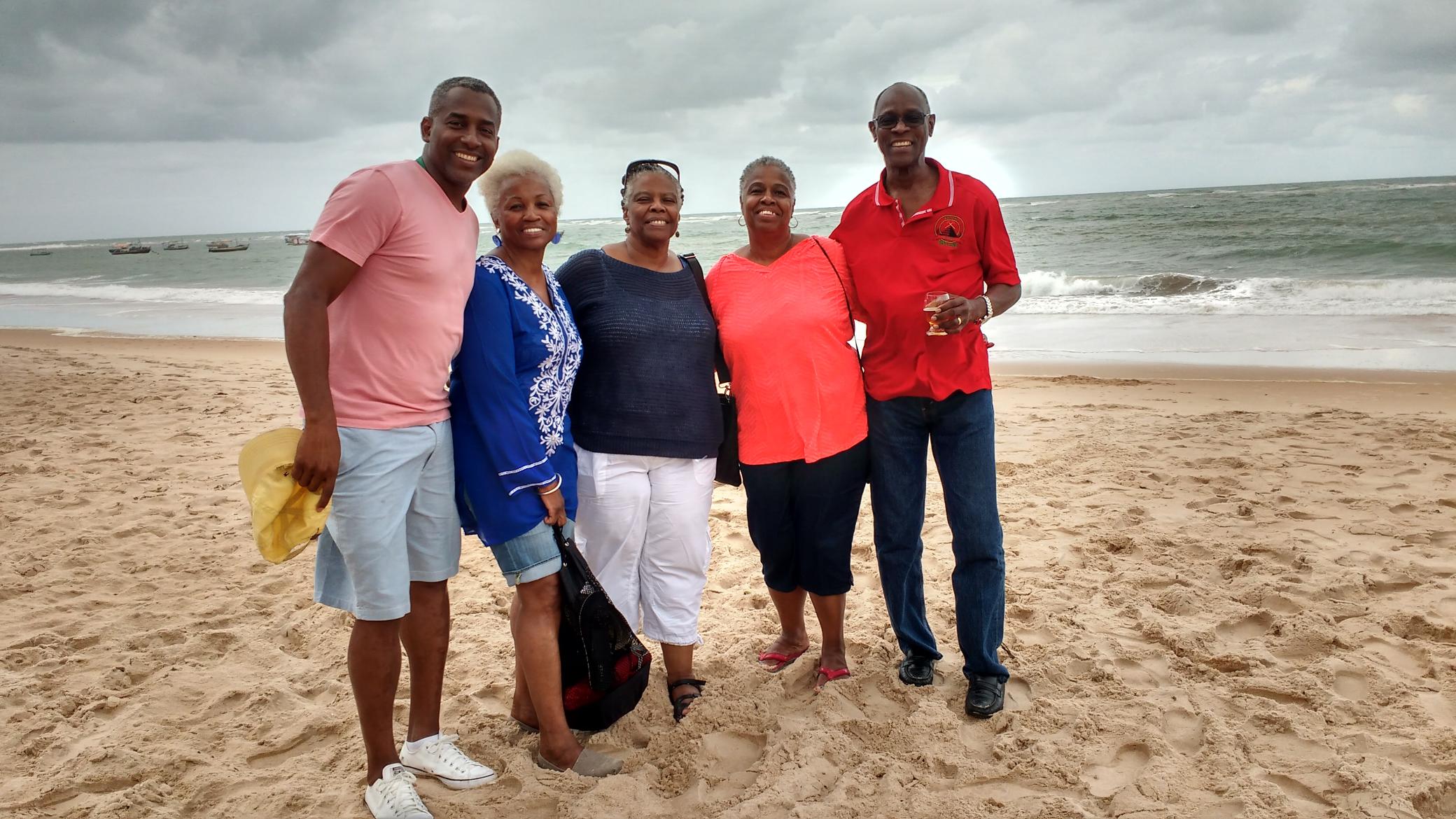
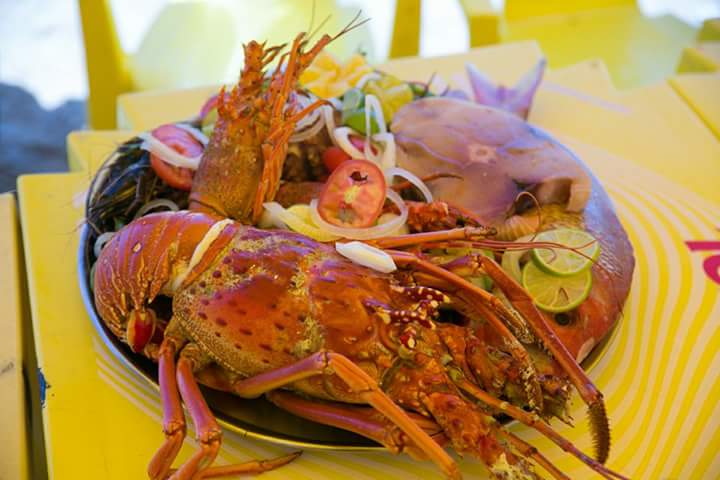
![IMG_20160807_183403773[2]](https://olafemitours.com.br/wp-content/uploads/2018/09/IMG_20160807_1834037732.jpg)
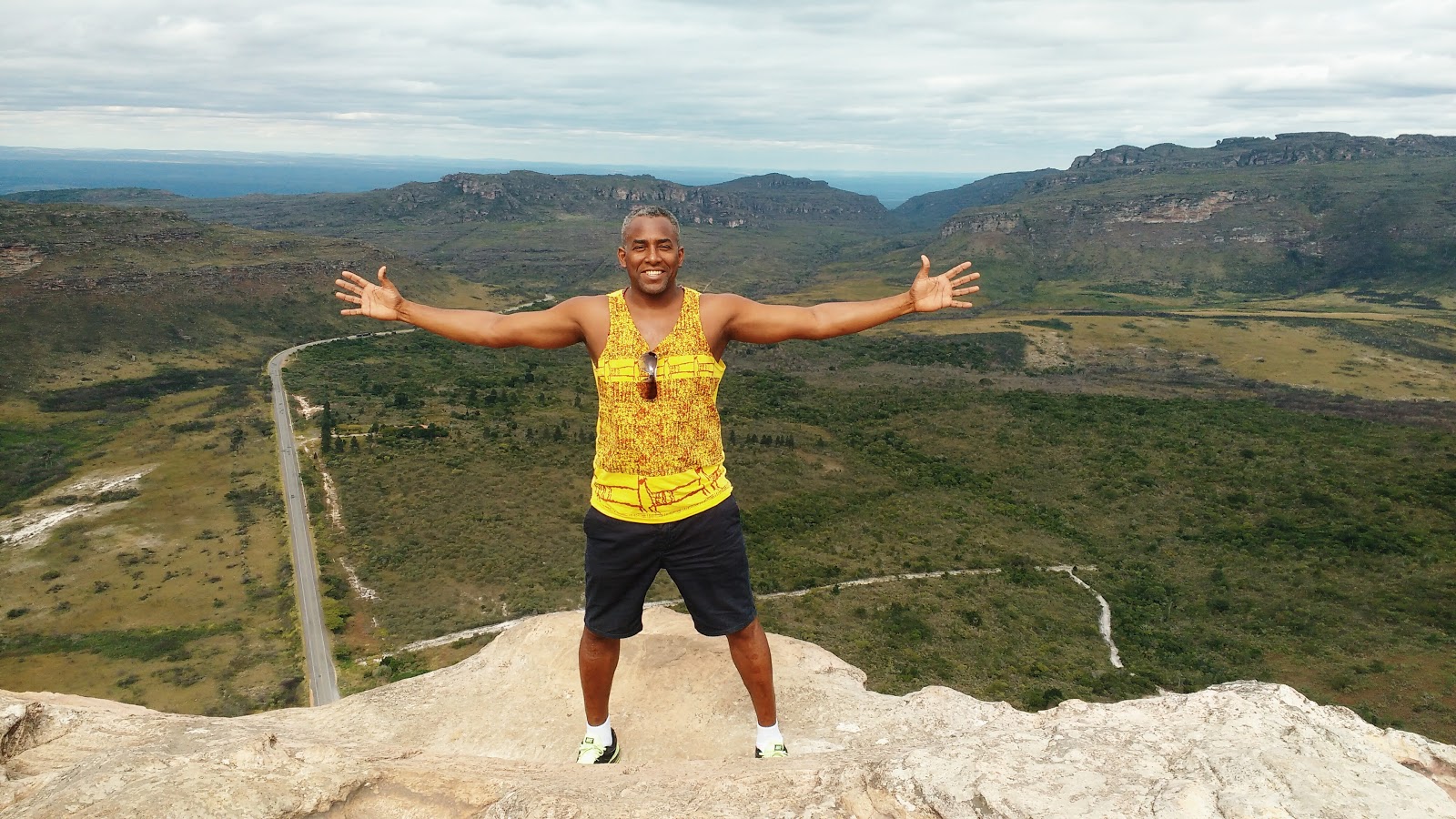
![IMG_20150908_143626581_HDR[1]](https://olafemitours.com.br/wp-content/uploads/2018/09/IMG_20150908_143626581_HDR1.jpg)
